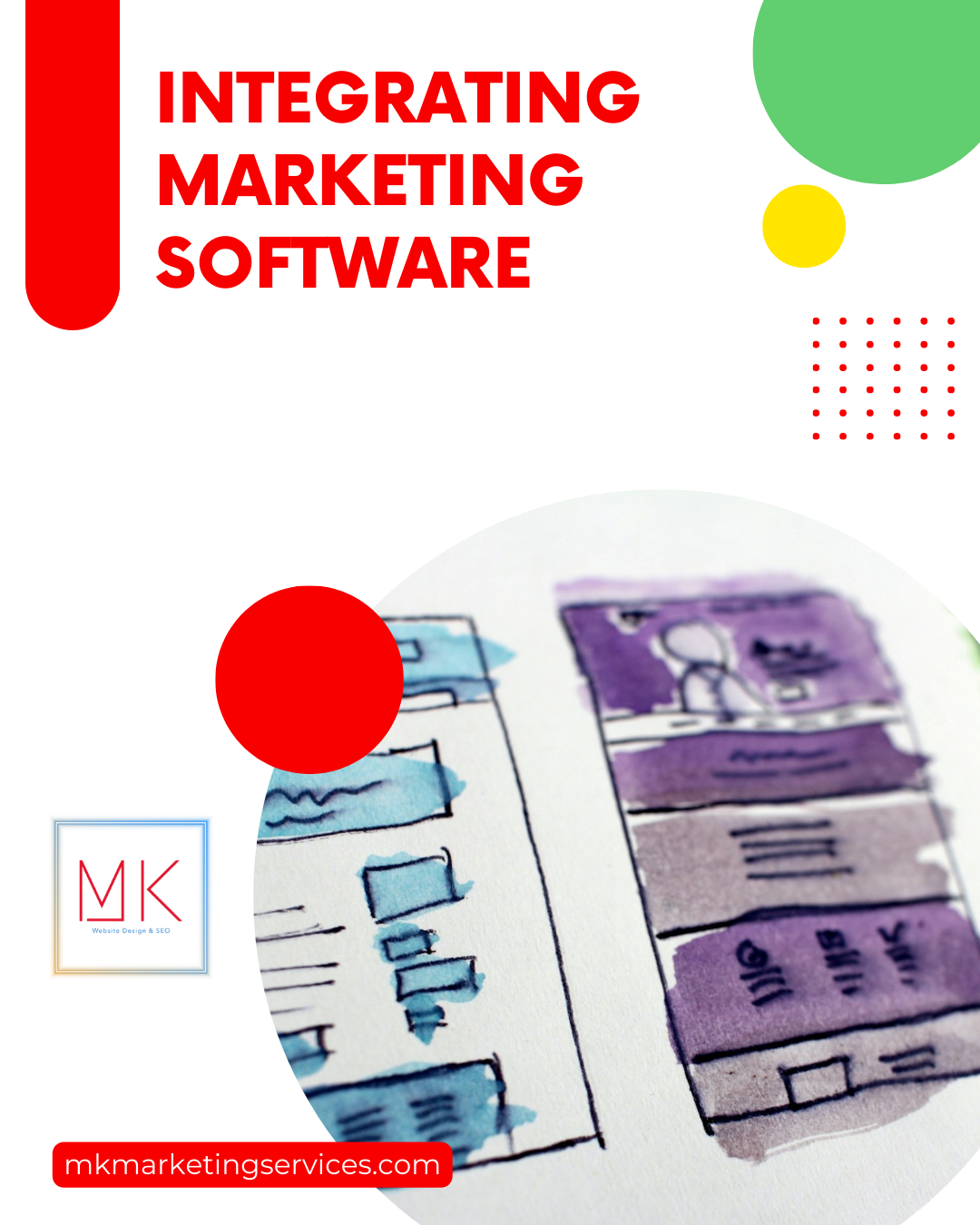Real estate investment offers numerous benefits, including long-term financial stability, potential for high returns, and portfolio diversification. However, fulfilling these achievements hinges on effective marketing strategies.
A market as competitive as real estate demands a compelling approach to reach the right audience and showcase properties — and a viable tactic to employ is utilizing marketing software.
Marketing software provides powerful tools to streamline marketing efforts, enhance targeting capabilities, and automate repetitive tasks. Integrating this technology into your real estate ventures enables you to amplify your marketing reach, attract qualified leads, and ultimately boost property sales or rentals.
This article will dig deeper into marketing software and its benefits. It will also explore strategies for integrating this innovation into your marketing efforts, covering everything you need to know to leverage this technology effectively in your real estate investment ventures.
Challenges in Real Estate Marketing
Real estate marketing presents challenges that can significantly impact the success of marketing campaigns. Among these obstacles is reaching your target audience effectively.
Identifying and engaging with potential clients can be daunting in a vast market such as real estate. Traditional methods may not always yield the desired results, prompting marketers to explore alternative strategies, such as leveraging technology to get clients with cold emails.
The naturally competitive field of the real estate market is another hurdle to overcome. That’s because it’s difficult to stand out from the crowd as numerous other players are constantly vying for the attention of potential buyers and tenants.
Using conventional marketing tactics will no longer suffice in this fierce landscape. You must continuously innovate and explore new avenues to gain a competitive edge and capture the attention of your target audience.
Additionally, rapid changes in trends and preferences demand a proactive approach to stay attuned to these evolving dynamics. Economic fluctuations, regulatory changes, and shifting consumer preferences continually reshape the market — affecting long-term investment strategies such as using real estate for retirement income.
Staying abreast of emerging trends and anticipating market shifts enables you to pivot your strategies accordingly to ensure relevance and resonance with your target audience.
Leveraging technology such as marketing software will help you optimize your efforts, resolve real estate marketing challenges, and drive success.
Introduction to Marketing Software
Marketing software is a powerful innovation that provides you with a suite of tools to streamline your efforts, enhance targeting precision, and drive results. These capabilities are especially crucial to keeping up with the changing dynamics of real estate marketing. Various types of marketing software cater to specific facets of the process and help amplify your marketing endeavors.
One of these is the Customer Relationship Management (CRM) tool that is the backbone of real estate marketing operations. These platforms centralize client data, facilitate personalized communication, and streamline lead nurturing processes — enhancing overall efficiency and effectiveness while delivering tailored experiences to the buyer or renter.
Email marketing platforms represent another integral component of marketing software in real estate. With the ability to create, schedule, and automate email campaigns, these platforms facilitate effective communication with leads, clients, and stakeholders.
Social media management tools have also become indispensable assets for extending audience reach and engagement across various platforms. From creating and scheduling content to monitoring conversations and analyzing performance metrics, these tools enable you to amplify your presence while fostering community engagement and cultivating relationships with potential clients.
Lastly, analytics software rounds out the suite of marketing software offerings as it provides real-time insights and actionable intelligence to inform strategic decision-making. By leveraging analytics tools, you can conduct accurate property investment analysis, refine strategies, optimize marketing spend, and make data-driven decisions to maximize ROI.
Best Practices and Tips for Integration
Adopting best practices is essential for maximizing effectiveness and achieving desired outcomes when it comes to integrating marketing software into real estate marketing.
The first step is selecting the right tools. There’s a plethora of options available, making it imperative to conduct thorough research and identify tools that align with your specific goals, budget, and operational requirements.
Whether it’s a robust CRM platform like HubSpot or a comprehensive analytics solution, choosing tools that offer scalability, ease of use, and compatibility with existing systems should be a priority.
After selecting the appropriate software tools, the next step tackles effective integration into existing workflows. Seamless consolidation ensures smooth data flow and interoperability across different systems. This enables you to leverage the full capabilities of their marketing software stack.
For instance, integrating HubSpot with Salesforce facilitates seamless data synchronization between marketing and sales teams that leads to optimized lead management and enhanced collaboration between departments.
Moreover, measuring the success of marketing campaigns is essential for optimizing performance and driving continuous improvement. Establishing clear metrics and key performance indicators — such as lead conversion rates, engagement metrics, and ROI — allows you to gauge the effectiveness of your efforts and identify areas for refinement.
Furthermore, ensuring compliance with regulations and best practices is vital. Whether it’s adhering to data privacy laws, maintaining ethical standards in advertising and communications, or safeguarding client information, prioritizing compliance safeguards your reputation, mitigates risk, and fosters trust with clients and stakeholders.
Embracing these best practices and tips for integrating marketing software into real estate marketing will help you unlock the full potential of technology to drive results, streamline operations, and stay ahead of the competition.
Conclusion
Integrating marketing software into real estate ventures offers a multitude of benefits, from enhancing efficiency and targeting precision to driving ROI and staying competitive in the market. Leveraging these tools empowers real estate professionals to adapt to changing market trends and technologies, ensuring relevance and resonance with their target audience
As the industry continues to evolve, embracing innovation and exploring new strategies is paramount for sustained success. That’s why real estate marketers and investors must remain proactive in adopting innovative approaches and harnessing the power of marketing software to elevate their marketing efforts and achieve their business objectives effectively.













